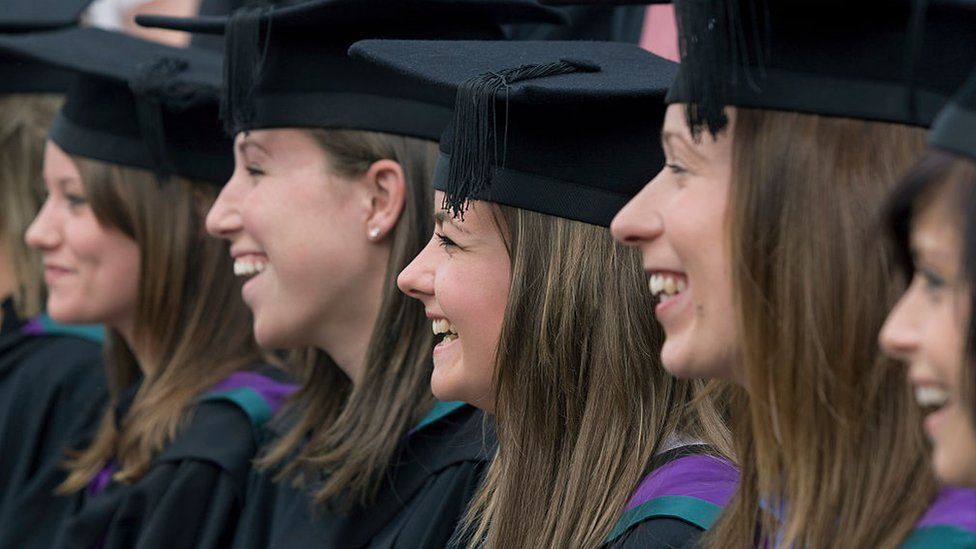Turkey has objected to Sweden and Finland joining the Western defence alliance, holding up a deal that would allow for a historic enlargement following Russia’s invasion of Ukraine. Erdogan’s latest comments indicated his opposition continued.
“For as long as Tayyip Erdogan is the head of the Republic of Turkey, we definitely cannot say ‘yes’ to countries which support terrorism entering Nato,” he was cited as telling reporters on his return from a trip to Azerbaijan on Saturday.
Two sources said that Wednesday’s talks with Finnish and Swedish delegations made little headway and it was unclear when further discussions would take place. All 30 Nato members must approve plans to enlarge Nato.
Turkey challenged the bids from Sweden and Finland on the grounds that the countries harbour people linked to the Kurdistan Workers Party (PKK) militant group and others it deems terrorists, and because they halted arms exports to Ankara in 2019.
“They are not honest or sincere. We cannot repeat the mistake made in the past regarding countries that embrace and feed such terrorists in Nato, which is a security organisation,” he said.
Sweden and Finland have said they condemn terrorism and welcomed the possibility of coordinating with Ankara.
“Diplomatic efforts are ongoing. We decline to comment further at this moment,” Swedish Foreign Minister Ann Linde said in an emailed comment following Erdogan’s latest statement.
Erdogan also said Turkey wanted to see an end to the war between Russia and Ukraine as soon as possible, but that the situation was becoming more negative each day.
“On Monday, I will have phone calls with both Russia and Ukraine. We will continue to encourage the parties to operate channels of dialogue and diplomacy,” he said.
The president said Turkey would soon launch a new military operation into northern Syria to create a 30-kilometre “security zone” along the border.
Syria offensive
Turkey will not wait for US “permission” to launch a new offensive in Syria, Turkish President Recep Tayyip Erdogan said in remarks published on Sunday, defying a warning from Washington.
“One cannot fight terrorism while waiting for the permission of whoever,” Erdogan told a group of journalists upon returning from a visit to Azerbaijan.
“What will we do if the United States does not do its part in the fight against terrorism? We will get by on our own,” he said.
The United States warned Turkey against launching a new operation, saying the uneasy Nato ally would be putting US troops at risk.











